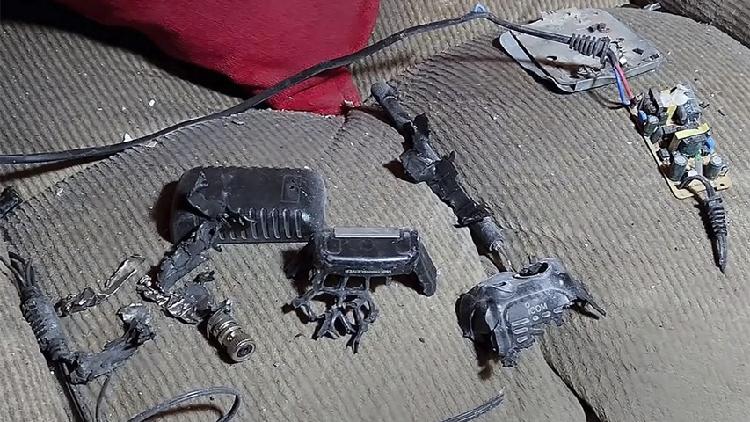Uncertainty envelops businesses involved in Lebanon blast incidents
The situation regarding companies involved in the Lebanon explosion cases remains unclear and perplexing.

The destroyed devices bore the Icom brand, a known Japanese radio communications and telephone company, and closely resembled their IC-V82 model. Following the incident, Icom disclosed to The Japan Times that they had shipped the IC-V82 model to various regions, including the Middle East, until its discontinuation in October 2014. Additionally, they ceased the production of the specific batteries required for these units.
Upon examining the damage, particularly around the battery compartment, Icom director Yoshiki Enomoto hinted to Kyodo News that the original batteries might have been tampered with, potentially having explosives inserted post-purchase.
Ray Novak, from Icom America, suggested to the Associated Press that the walkie-talkies involved might be counterfeits. "I can assure you, they are not our products," he clarified.
In related news, the brand associated with the exploding pagers, Gold Apollo, clarified its role in the manufacturing of the devices. They affirmed that although they licensed the AR-924 pager to BAC Consulting KFT in Budapest, the design and manufacturing responsibilities rested solely with BAC.
Contradicting this, BAC Consulting's CEO Cristiana Barsony-Arcidiacono told NBC News, "I don't make the pagers," insisting her role was purely intermediatory and corrected assumptions about her involvement.
Furthermore, a Hungarian government spokesperson, Zoltan Kovacs, addressed the situation on X, clarifying that "The referenced devices have never been in Hungary."
Cybersecurity expert Hadi El Khoury, in a discussion with Al Jazeera, commented on the inherent risks when not controlling the supply chain of technological devices. He noted that utilizing technologies from Western companies like Siemens or Microsoft could introduce weaknesses into the system.
Lucas Dupont for TROIB News
Discover more Science and Technology news updates in TROIB Sci-Tech












